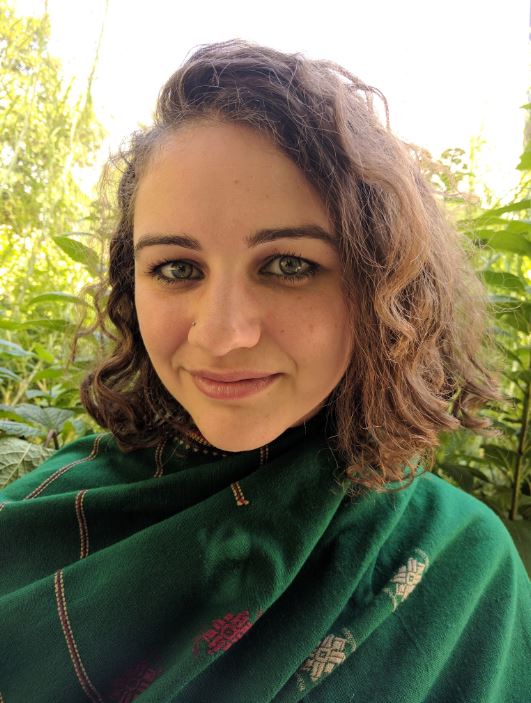Permission to Speak: Crackdowns on Free Speech in Sisi’s Egypt
Last night, Egyptian authorities arrested and detained Malek Adly, a prominent human rights lawyer who, as this piece was written, was being investigated by police. He is accused of inciting the protests that took place on April 25.
Published by The Lawfare Institute
in Cooperation With

Last night, Egyptian authorities arrested and detained Malek Adly, a prominent human rights lawyer who, as this piece was written, was being investigated by police. He is accused of inciting the protests that took place on April 25.
Adly has consistently defended detainees and activists in court. He is on the team of lawyers—with Tarek al-Awady and Khaled Ali—that submitted a lawsuit to the State Council on April 10. The lawsuit contested President Abdel Fattah al-Sisi’s recent maritime agreement with Saudi Arabia. That agreement redrew maritime borders to essentially forfeit two islands, Tiran and Sanafir, to Saudi Arabia. The lawsuit calls on all Egyptians to intervene in the court action or to provide documentation of Egypt’s sovereignty over the islands. And the complaint petitioned the court to return the land to Egypt, alleging the agreement is unconstitutional under Article 151 of the Constitution.
In all cases, no treaty may be concluded which is contrary to the provisions of the Constitution or which results in ceding any part of state territories.
The move to cede Egypt’s territory provoked widespread outrage, as well as the characteristic Egyptian humor. Protests were quickly organized over the decision to effectively give away Egyptian land. All this comes at a time of growing crackdowns on the human rights and civil society organizations. The government has been exercising what seems to be an infinite capacity to arrest, process, and house prisoners. And not unexpectedly, the government has detained protesters, lawyers, and many others who criticized the treaty.
In this case however, the outrage spread beyond those who normally decry government abuses and human rights violations. Even staunch Sisi supporters decried the Saudi agreement to give away the islands.
Days following the announcement of the treaty, Sisi addressed the nation in a lengthy televised speech in front of the House of Representatives. Sisi tried to reassure the country that he had not sold the islands, a suspicion that had already gained traction throughout the media and popular opinion. When a member of parliament attempted to ask a question, Sisi silenced him saying: “I did not give permission for anyone to speak.”
Sisi’s express prohibition on speech to a member of parliament during a nationwide televised address comes amidst an unprecedented crackdown on free speech. The State—exercising every branch of government—has detained, arrested, convicted, and silenced dozens of journalists, civil rights organizations, lawyers, and civilians. Four Christian teenagers were recently sentenced under the blasphemy law to the maximum prison sentence of five years for a short video wherein they pretend to execute ISIS members after praying the Muslim prayer. And Ahmed Naji, a prominent Egyptian novelist, was sentenced to two years in prison for an excerpt in his recent novel that was found to violate public modesty. Naji won acquittal in his first trial, but the government prevailed on appeal. This procedural rule is in contrast to even the America criminal justice system, which—despite heavy deference to the prosecution—terminates jeopardy after acquittal. On May 1, the Ministry of Interior raided the Journalist Syndicate for the alleged first time in recorded history and arrested two journalists known to be critical the regime.
April 25 is the national Egyptian holiday commemorating the retreat of Israeli soldiers from Egypt’s Sinai—and the Tiran and Sanafir Islands—pursuant to the Camp David Accords, which concluded the Six Day War. During the 1967 war, as many as 10,000 Egyptian soldiers died on Egypt’s eastern soil in a devastating military operation against Israel. Because the generation who survived the war is still alive, its memory strongly endures.
In 1967, Nasser said that “the Tiran Island is Egyptian,” and with those words in the minds of many, demonstrations were organized on April 25, 2016 to protest giving away of that very land. The protests were not very successful. Steven Cook, of the Council on Foreign Relations, noted:
The large protests in opposition planned for today did not materialize likely because of the government’s massive show of force, but the disposition of these two islands has the potential to sow trouble for President Abdel Fatah al-Sisi in ways that mass arrests, restrictions on the press, pressure on nongovernmental organizations, police brutality, and other repressive measures never will.
While shocking, a member of parliament being silenced on national television is only the tip of the iceberg. Police arrested dozens of Egyptians leading up to the protests on April 25—including over 200 people in Cairo alone on the day of—and is continuing to round up journalists and lawyers now. The arrest of Malek Adly, a leading voice in the debate surrounding the ceding of Tiran and Sanafir, presents merely one example, albeit a heavy one to accept, of those being silenced.


-(1).png?sfvrsn=fc10bb5f_5)

.jpg?sfvrsn=5a43131e_9)
